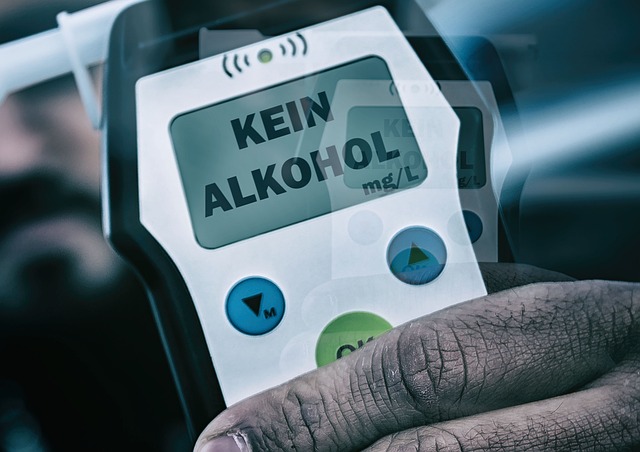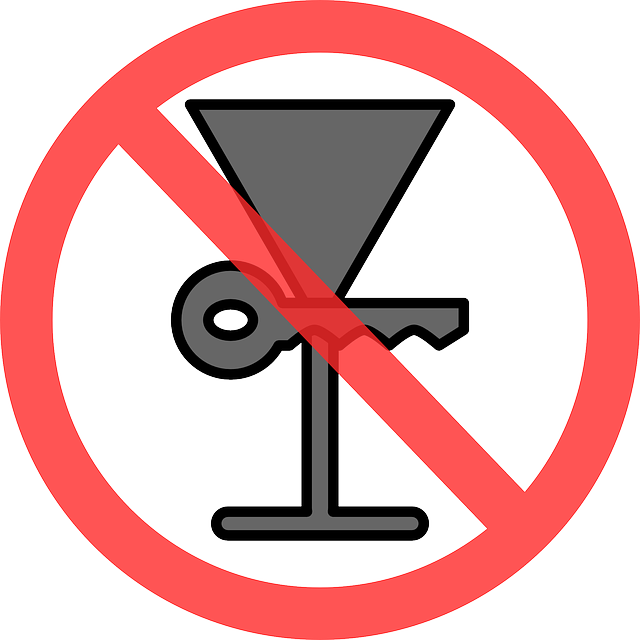Tourists facing DUI Defense abroad must navigate complex global laws with varying BAC limits and restrictions on substances, which can result in severe penalties like fines, suspensions, or jail time. Zero-tolerance policies pose unique challenges due to unfamiliar legal systems and potential travel restrictions. Effective strategies include challenging field sobriety tests, breathalyzer results, and police procedures, presenting mitigating circumstances, building strong narratives, and leveraging procedural errors. International collaborations through organizations like INTERPOL facilitate information sharing, standardized law enforcement, and educational initiatives to raise awareness about DUI Defense for Tourists worldwide, deterring DUI and providing defense.
Drug-Impaired Driving (DID) is a growing concern for tourists worldwide, with severe legal implications. This article delves into the global issue of DID among travelers, focusing on zero-tolerance policies and their impact. We explore the legal framework, consequences, and defenses available to tourists facing DUI charges. Additionally, we examine international collaborations aiming to combat DID, offering valuable insights for those seeking a better understanding of their rights and potential strategies in the face of stringent DUI laws abroad, particularly focusing on DUI defense for tourists.
- Understanding Drug-Impaired Driving Laws for Tourists
- Zero Tolerance Policies: Consequences and Penalties
- The Defense Perspective: Challenges and Strategies
- International Collaborations in Combating DUI for Travelers
Understanding Drug-Impaired Driving Laws for Tourists

For tourists visiting new countries, understanding local laws regarding drug-impaired driving is crucial. While many destinations have strict zero-tolerance policies, similar to those in their home countries, there can be significant differences. For example, what might be considered a minor offense at home could lead to severe penalties abroad, including high fines, extended licenses suspensions, or even jail time.
Tourists should be aware that laws regarding blood alcohol content (BAC) and drug impairment vary widely globally. Some countries have stricter BAC limits than others, and many have specific laws prohibiting driving under the influence of certain substances. A strong DUI defense for tourists isn’t always about challenging the evidence; it’s also about understanding local laws and demonstrating genuine effort to comply with them.
Zero Tolerance Policies: Consequences and Penalties

Zero Tolerance Policies enforce strict penalties, often with no room for leniency, for anyone caught driving under the influence of drugs or alcohol. These laws are designed to deter drug-impaired driving by making the consequences severe. Penalties can include substantial fines, license suspension or revocation, and even jail time. The severity of these measures aims to not only punish offenders but also serve as a strong deterrent for potential future violators, especially since zero tolerance policies typically apply uniformly across all drivers, including tourists visiting the state.
For tourists facing DUI charges under a zero tolerance policy, the situation can be particularly challenging. They may face additional complexities due to their non-resident status, including navigating unfamiliar legal systems and dealing with penalties that could impact their ability to re-enter the country or maintain travel privileges. A comprehensive understanding of local laws and a robust DUI defense strategy are crucial steps for tourists facing these charges.
The Defense Perspective: Challenges and Strategies

The defense perspective in drug-impaired driving cases, especially involving tourists, presents a unique set of challenges. With zero-tolerance laws, the bar for admissibility of evidence is higher, and prosecutors are relentless in their pursuit of convictions. DUI Defense for Tourists often faces an uphill battle due to language barriers, lack of local knowledge, and limited resources.
Strategies employed include challenging the admissibility of field sobriety tests and breathalyzer results, scrutinizing police procedures, and presenting mitigating circumstances. Effective defense tactics also involve building a strong narrative that questions the reliability of evidence and raises doubts about the accuracy of observations. Additionally, recognizing and leveraging any procedural errors can significantly weaken the prosecution’s case.
International Collaborations in Combating DUI for Travelers

International collaborations play a pivotal role in combating drug-impaired driving (DUI) for tourists. With borders increasingly open and travel more accessible, coordinated efforts among nations are essential to address the growing concern of DUI incidents involving visitors. Organizations like INTERPOL facilitate information sharing and enforce standardized laws, enabling countries to collaborate on identifying and prosecuting intoxicated drivers, regardless of their nationality.
These collaborations extend beyond law enforcement, encompassing educational initiatives aimed at raising awareness about the dangers of DUI among tourists. Joint campaigns, often utilizing technology and social media, help disseminate messages in multiple languages, reaching a diverse range of travelers. By harmonizing policies and practices, international partnerships strengthen global efforts to ensure safety on the roads, deterring drug-impaired driving and providing effective DUI defense for tourists worldwide.
Drug-impaired driving laws are stringent worldwide, with zero-tolerance policies in many countries. For tourists, understanding these regulations is crucial to avoid severe consequences and penalties, especially regarding DUI defense. As international collaborations strengthen, the global community is forging ahead to combat drug-impaired driving among travelers. By staying informed and adhering to local laws, tourists can ensure their safety and protect themselves from the far-reaching impacts of DUI.






